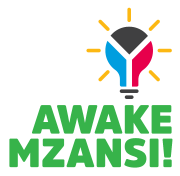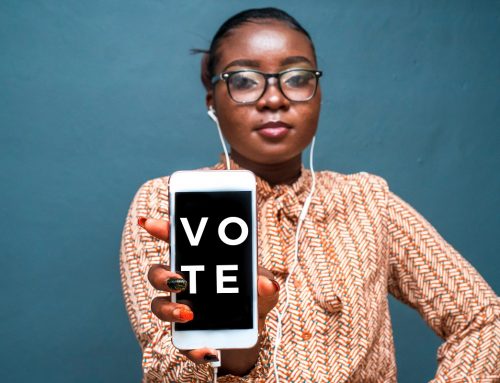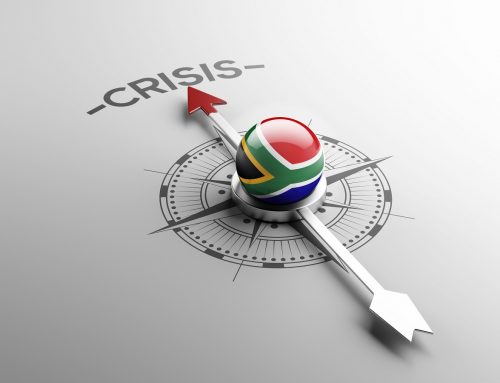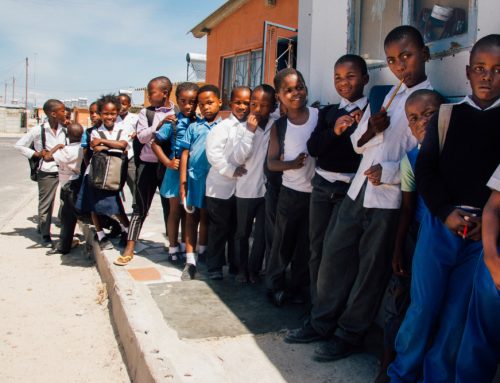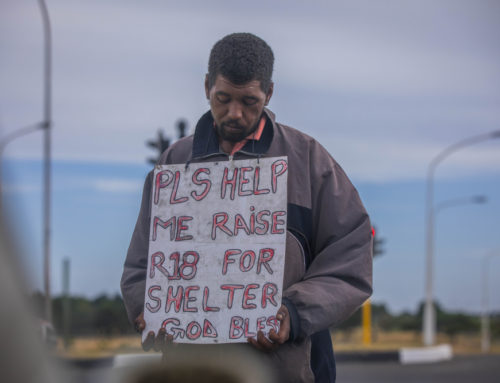As South Africa fast approaches the 2021 local elections, and the 2024 general elections, AwakeMzansi has started a voter and election education series. The purpose of this series is not only to encourage election participation, but to also arm the public with important facts and knowledge – on a wide-range of topics, that will in turn allow them to make an informed voting decision during the elections.
Every week, we highlight different topics and post our #VoterEducation series on our social media pages @AwakeMzansi. One such topic that we continue to discuss, is the prevalence of “fake news” and misinformation.
Fake news and the spreading of misinformation is not new. However, over the last few years, with the introduction of the internet and social media, the term “fake news” has become part of our daily vocabulary – and for good reason.
The creation and sharing of false, misleading information and propaganda – intentionally or unintentionally, has become wide-spread and easy… simply at a touch of a button.
Whether it’s videos, news articles & reports or social media posts – with so much information and content that you see, hear or read, on a daily basis, it is often difficult to know what is real or not. With so many agenda’s and narratives, spotting what is fake or real, has becoming very important.
Fake news and misinformation are harmful. Here is a guide created by IFLA, that is a helpful source in spotting fake news and making sure you do not fall victim to the lies.
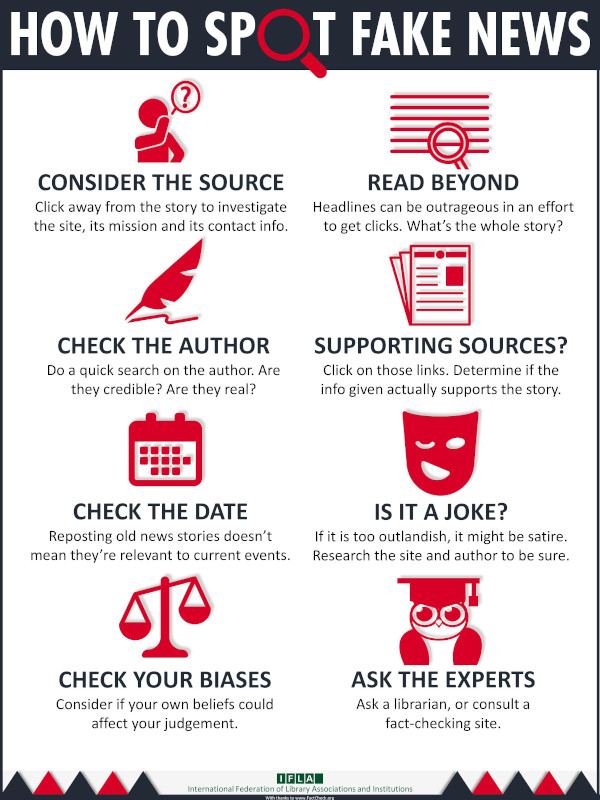
Related Posts
If you enjoyed reading this, then please explore our other articles below:
